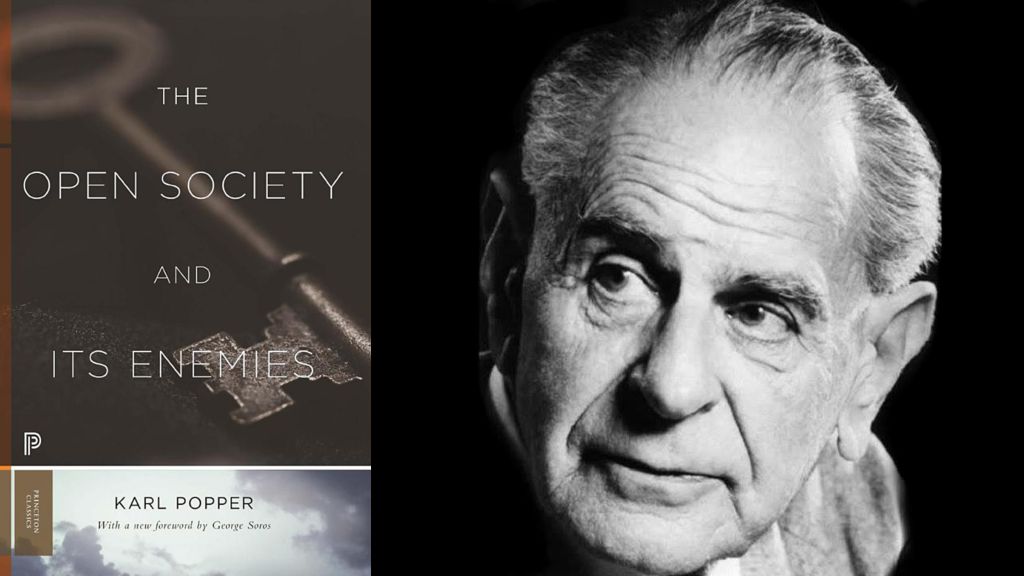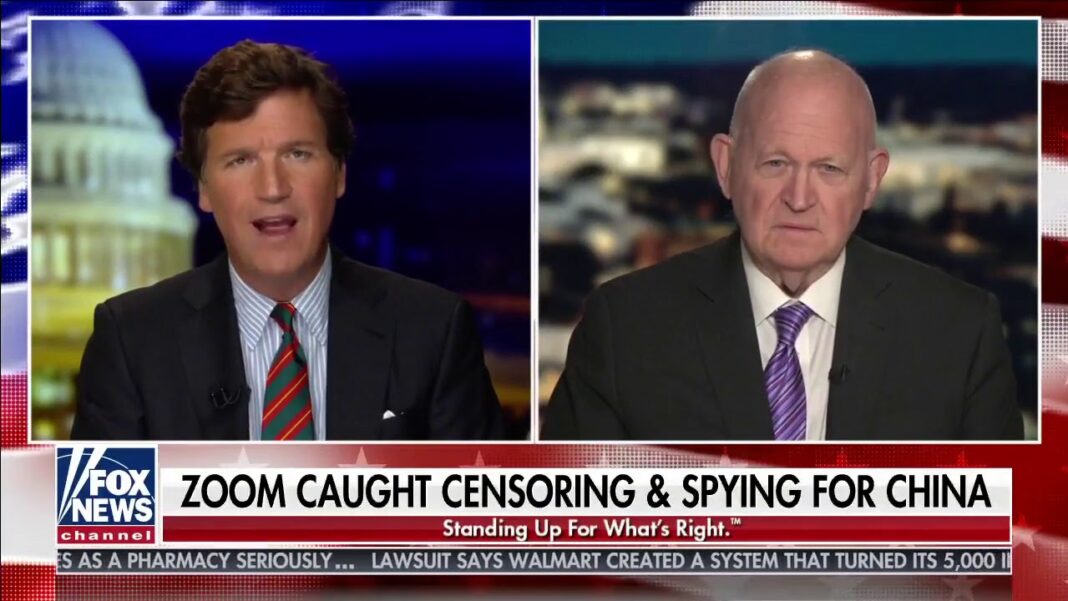A landmark defense of democracy that has been hailed as one of the most important books of the twentieth century
One of the most important books of the twentieth century, The Open Society and Its Enemies is an uncompromising defense of liberal democracy and a powerful attack on the intellectual origins of totalitarianism. An immediate sensation when it was first published, Karl Popper’s monumental achievement has attained legendary status on both the Left and Right. Tracing the roots of an authoritarian tradition represented by Plato, Marx, and Hegel, Popper argues that the spirit of free, critical inquiry that governs scientific investigation should also apply to politics. In a new foreword, George Soros, who was a student of Popper, describes the “revelation” of first reading the book and how it helped inspire his philanthropic Open Society Foundations.
FOREWORD George Soros
When I first read Karl Popper’s The Open Society and Its Enemies, it struck me with the force of revelation. At the time, in the late 1940s, I was an undergraduate studying at the London School of Economics. I had experienced and survived the war in my native Hungary, including the Nazi occupation and the deportation of over four hundred thousand of my fellow Jews to Auschwitz. When I left for England in 1947, Hungary was occupied by Stalin’s Red Army and heading rapidly toward Communist rule. So, I had direct experience of what Popper called closed societies, where the enforcement of the official dogma of the one-party state leads to repression and totalitarianism. And I had an immediate enthusiasm for the concept of an open society—which recognizes that human understanding is inherently imperfect and tries to build a government that allows people with different interests and ideas to live together in peace. I was fortunate to have Professor Popper as my tutor for a year at the LSE. After I graduated, I found a job in the financial markets, where the philosophy I absorbed from Karl Popper enabled me to develop my own interpretation of how financial markets functioned, which was at odds with the then-prevailing official dogma. This allowed me to exploit the imperfections of the financial markets and made me a very successful hedge fund manager. I used my profits to set up a network of foundations called the Open Society Foundations, which were inspired by Popper’s ideas. I have tried to operationalize his teachings in the work of the foundations. They operated on the principle of that critical thinking is a sine qua non. This is evidenced by their focus on education and especially by the development of specialized courses that familiarized students with the concept of critical thinking. The foundations spent a lot of money on giving scholarships to deserving students.
I kept in touch with Popper and was honored to spend time with him in the last year of his life. He delivered a lecture in June 1994 in Prague at the fledgling Central European University (CEU), which I am proud to have founded. I invited him to Budapest in September, to mark the opening of the CEU there, but he passed away that summer. As I noted, The Open Society and Its Enemies had a profound effect on my thinking, but I learned even more from Popper’s Conjectures and Refutations, and I parted company with him when he introduced the concept of a “third world.” Instead of a third world, I developed the concept of reflexivity, which connects the objective and subjective worlds in a never-ending braid. Here I was perhaps more influenced more by Douglas Hofstadter’s Gödel, Escher, Bach: An Eternal Golden Braid. Popper never defined what he meant by open society because he disliked definitions—he preferred to focus on concepts and then give them a name. Ironically, although the concept of open society became well known because it was the title of his book, it was just one of the possible titles and was ultimately selected by the publisher. It might be fair to say that I have placed greater weight on the concept of open society than Karl Popper did. The term “open society” was first given currency by the French philosopher Henri Bergson, who used it in his 1932 book The Two Sources of Morality and Religion. One source was tribal and led to a closed society; the other was universal and led to an open society. Popper argued that universal ideas can also lead to a closed society if they are adopted by a one-party state. Having firsthand experience of closed societies, I strongly support his contention. This goes to show that the core idea on which Popper based his philosophy, namely, that our understanding of reality is inherently imperfect, is valid. Those who try to prove it wrong by claiming to be in possession of the ultimate truth are doing tremendous damage to humanity. …
Review
“A work of first-class importance which ought to be widely read for its masterly criticism of the enemies of democracy, ancient and modern.”―Bertrand Russell
“Karl Popper was right.”―Václav Havel
“One of the great books of the century.”―The Times(London)
“Learned, subtly argued, and passionately written.”―Sidney Hook, New York Times
“Brilliant. . . . It remains the best intellectual defence of liberal democracy.”―The Economist
“Magnificent.”―Hugh Trevor-Roper, Polemic
About the Author
Karl Popper (1902–1994) was a professor at the London School of Economics and one of the most influential philosophers of the twentieth century.








